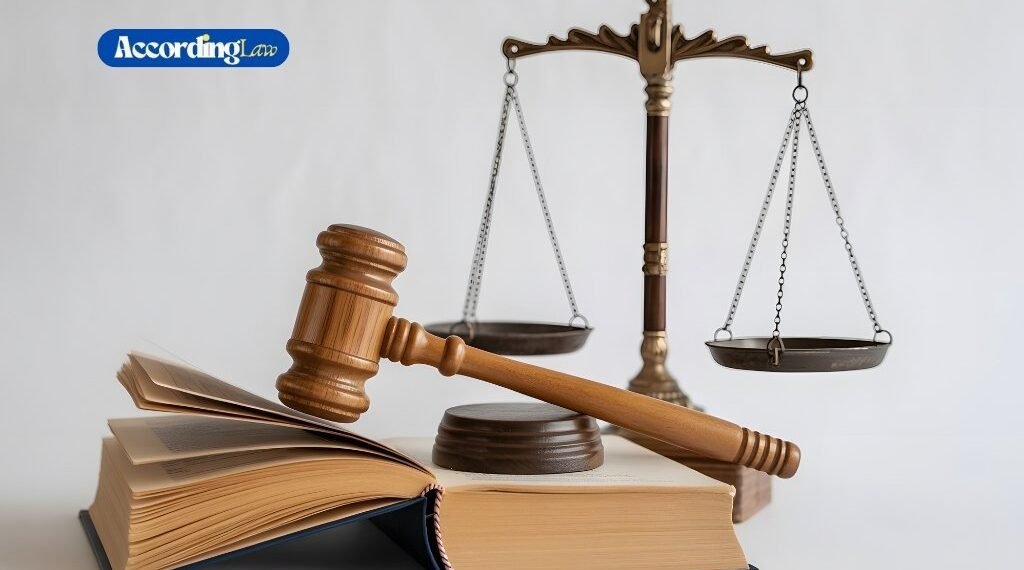Installing a residential elevator adds both comfort and accessibility to a home, but it also brings legal responsibilities. Homeowners, builders, and installers must comply with a complex web of building codes, safety standards, and state laws that govern how elevators are designed, installed, and maintained. Failing to meet these requirements can lead not only to safety hazards but also to fines, liability issues, and costly retrofits.
Legal Framework Behind Residential Elevators
Residential elevators fall under multiple layers of regulation, including federal safety standards, state building codes, and local permitting laws. The most widely recognized national standard is:
At the state and local level, most jurisdictions adopt this standard, sometimes with additional amendments. Homeowners and contractors are legally required to ensure that the elevator’s manufacturer, installer, and components meet these codes before an occupancy certificate is granted.
Permit and Inspection Requirements
Before installing a residential elevator, property owners typically must:
Operating an uncertified or uninspected elevator can violate local laws, void insurance coverage, and expose the homeowner or contractor to legal liability if an accident occurs.
Liability and Safety Implications
Legal responsibility doesn’t end after installation. If an elevator accident occurs due to improper installation, lack of maintenance, or outdated equipment, multiple parties can be held liable:
Courts increasingly view elevator safety as part of a homeowner’s duty of care, meaning that ignorance of inspection schedules or safety recalls is not a valid defense.
Accessibility Laws and Residential Elevators
Although private homes are generally exempt from the Americans with Disabilities Act (ADA), certain multi-unit residences, rental properties, or senior living facilities may still fall under accessibility regulations. Installing a residential elevator that meets ADA guidelines or HUD Fair Housing Accessibility Standards can ensure legal compliance and improve property value for accessible housing.
Staying Compliant with Industry Standards
To remain legally compliant and safe, homeowners and builders should:
Partnering with an experienced manufacturer and installer such as Galaxy Lifts helps ensure that every step, from design to inspection, meets all legal and safety requirements.
Final Thoughts
A residential elevator can transform the way you live, but it also comes with legal responsibilities that must not be ignored. Compliance with ASME, state codes, and inspection laws protects more than property value; it safeguards lives and shields homeowners from liability. Before your next elevator installation, make sure it’s not only elegant and efficient, but also 100% code-compliant and legally certified.


